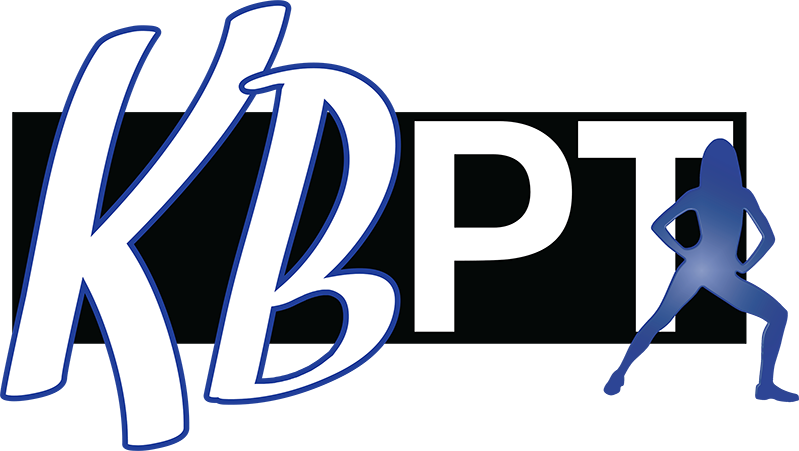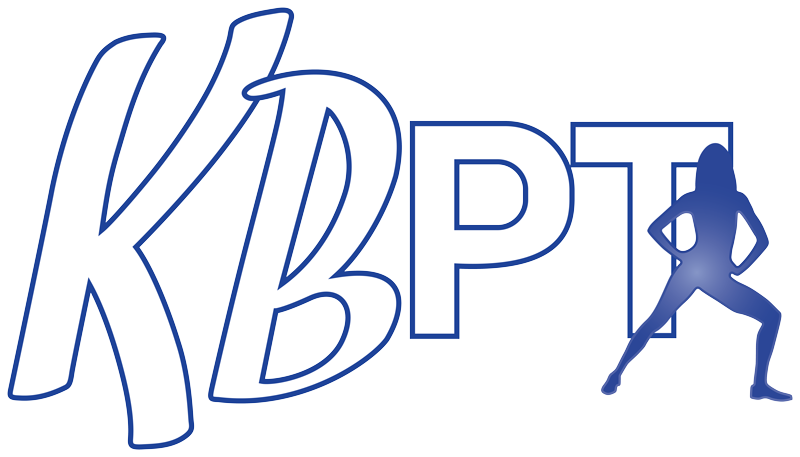While individual supplement needs can vary based on factors such as diet, lifestyle, and health conditions, here are five supplements commonly recommended for women in their 40s to support overall health and well-being:
1. Calcium and Vitamin D: Women in their 40s are at an increased risk for bone density loss, which can lead to osteoporosis. Calcium and vitamin D are essential for maintaining bone health. Adequate calcium intake, combined with vitamin D to facilitate its absorption, can help support bone strength and reduce the risk of fractures.
2. Omega-3 Fatty Acids: Omega-3 fatty acids, found in fish oil supplements, are beneficial for heart health, brain function, and reducing inflammation. As women age, they may be at higher risk for heart disease and cognitive decline, making omega-3 supplementation particularly important.
3. Magnesium: Magnesium is involved in over 300 biochemical reactions in the body, including energy production, muscle function, and nerve signaling. Women in their 40s may benefit from magnesium supplementation to support energy levels, muscle health, and stress management.
4. Probiotics: Probiotics are beneficial bacteria that promote a healthy balance of gut flora. They can support digestive health, strengthen the immune system, and even improve mood. Women in their 40s may experience changes in gut health due to factors like diet, stress, and hormonal fluctuations, making probiotic supplementation valuable.
5. Collagen: Collagen is a protein that provides structure to skin, hair, nails, bones, and joints. As women age, collagen production naturally declines, leading to wrinkles, joint pain, and brittle nails. Supplementing with collagen peptides can help support skin elasticity, joint health, and overall vitality.
Before starting any new supplement regimen, it’s important for women in their 40s to consult with a healthcare provider to assess their individual needs, potential interactions with medications, and any underlying health conditions. Additionally, obtaining nutrients from a balanced diet rich in fruits, vegetables, lean proteins, whole grains, and healthy fats should be the foundation of any supplement plan.












